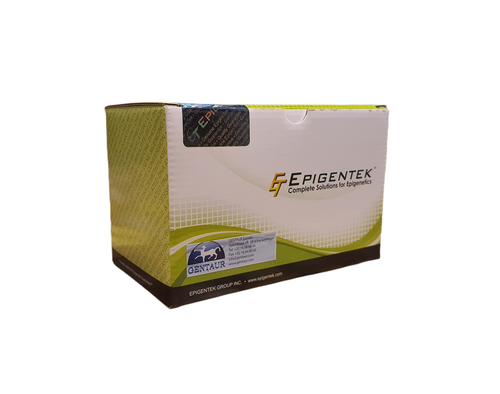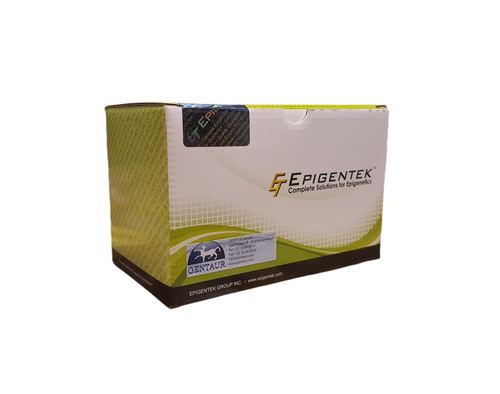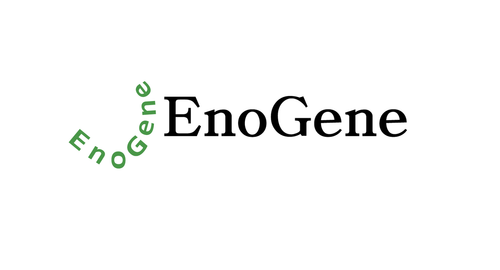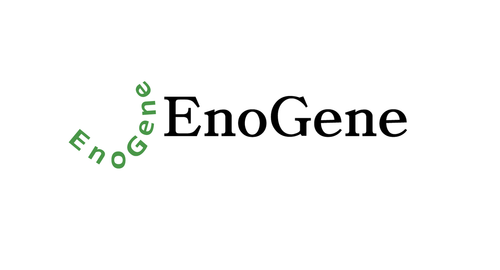Product Description
RGS7 polyclonal Antibody | BS8383 | Bioworld
Host: Rabbit
Reactivity: Human,Mouse,Rat
Application: WB
Application Range: WB 1:500 - 1:2000
Background: Heterotrimeric G proteins function to relay information from cell surface receptors to various intracellular effectors. G proteins comprise α, β and γ subunits, and following activation the α subunit binds GTP and dissociates from the βγ complex. A large group of proteins have been identified as GTPase-activating proteins (GAPs), including the RGS (regulator of G protein signaling) family, which serve to deactivate specific Gα isoforms by increasing the rate at which they convert GTP to GDP. A subfamily of RGS proteins expressed in the central nervous system contain, in addition to the highly conserved RGS domain, a characteristic GGL domain, or G protein γ subunit-like domain, which mediates binding to Gβ 5 subunits. This subfamily, which includes RGS6, RGS7, RGS9 and RGS11, associates with Gβ 5 to form active GAP complexes that are predominantly localized to the cytosol. RGS/β5 complexes preferentially target Gαo subunit for hydrolysis and inhibit Gβ1γ2-mediated activation of phospholipase C.
Storage & Stability: Store at 4°C short term. Aliquot and store at -20°C long term. Avoid freeze-thaw cycles.
Specificity: RGS7 polyclonal Antibody detects endogenous levels of RGS7 protein.
Molecular Weight: ~ 58 kDa
Note: For research use only, not for use in diagnostic procedure.
Alternative Names: Regulator of G-protein signaling 7; RGS7
Immunogen: Recombinant full length Human RGS7.
Conjugate: Unconjugated
Modification: Unmodification
Purification & Purity: The Antibody was affinity-purified from rabbit antiserum by affinity-chromatography using epitope-specific immunogen and the purity is > 95% (by SDS-PAGE) .
Pathway:
 Euro
Euro
 USD
USD
 British Pound
British Pound
 NULL
NULL








